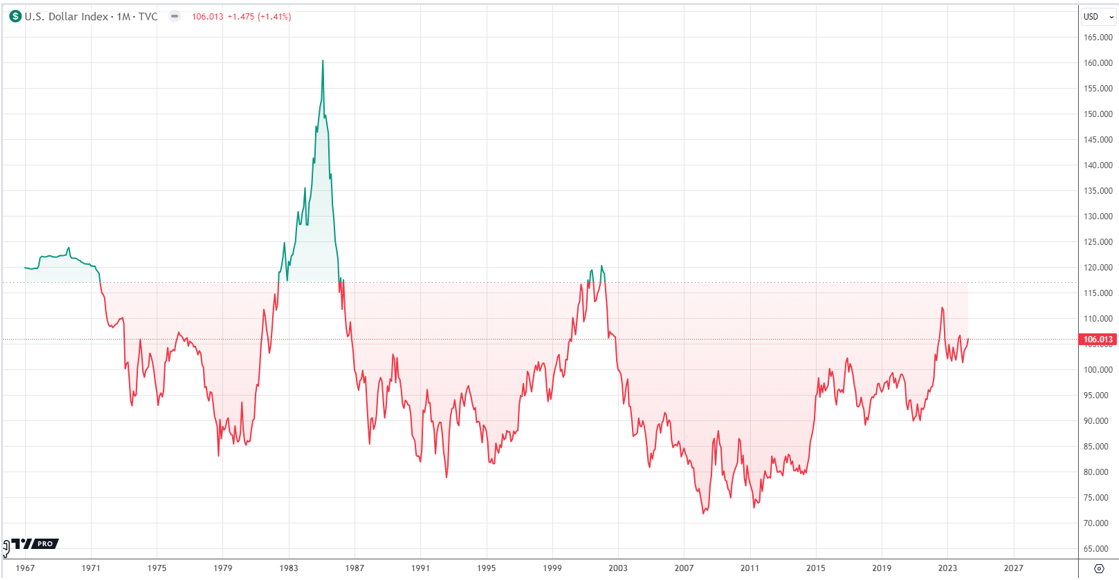Education loan, as a form of finance, has witnessed a vertical rise in the last two decades. The cost of education and socio-economic profile of students are the two most prominent drivers of this segment.
As per the latest survey conducted by the National Assessment and Accreditation Council (NAAC), there are 864 universities in India, along with 11,669 standalone higher educational institutions. A majority of these institutions, 77.8% to be precise, are privately governed without any aid from the government.

Expectedly, the cost of studying at these institutions is quite high. Most of them specialize in courses in the technical or vocational field, which are around 9 times and 4 times dearer than general education respectively, according to the National Survey Sample report.
As such, a significant number of students resort to a loan for higher education. If you are one of them, you must keep a few factors in mind while availing such advances.
Choice of Lender
One of the most significant factors that you have to consider when you want to avail of an education loan in India is which lender to go for.
You must compare the features of different lenders thoroughly before finalizing. The interest rate is another factor that you should look at closely. NBFCs generally offer a lower rate of interest when you avail a secured loan against property for education.
It should not be too difficult as all information is available online these days. Do not forget to read customer testimonials and reviews where available. Remember that these loans are long term advances, and you will have to repay the loan for several years. So, it’s paramount that there is complete transparency in your dealings from the very beginning.
Eligibility
No matter which lender you choose, they will surely put forth a set of eligibility criteria that you have to meet to be considered suitable for the loan. Usually, these criteria are easier to meet when you avail a loan for higher education from one of the authorized NBFCs.
You have to first qualify for a loan against property by meeting a few eligibility criteria.
Otherwise, no financial institution will entertain your request for a loan.
Documents Required
After you have made sure that you meet the eligibility criteria, it’s time to provide the supporting documents as listed by your lender. The list of documents required to avail an education loan against property varies from one lender to another, but there are some common ones like –
- KYC documents such as your Voter ID, PAN card, Passport, etc.
- Bank account statements
- Proof of income
- Proof of address
- ITR
- Property documents
Keep these documents handy when you apply for a loan. Typically, a representative of the chosen financial institution comes and collects these documents from the borrower.
Tenure
It’s crucial that you determine the ideal tenure of your loan against the property so that the repayment does not become a massive financial burden later on. Most people intuitively opt for a longer tenure as it results in smaller EMI amounts. However, you must note that a longer tenure accrues more interest, ultimately increasing the cost of your loan.
Added benefits
Given the number of financial institutions in the country, lenders are always trying to make their loans seem irresistible to borrowers by offering several benefits. Check the extra features and benefits of different lenders before you finalize them. For example, NBFCs like Bajaj Finserv offer multiple benefits such as balance transfer facility, no penalty on prepayments and foreclosures, etc.
Bajaj Finserv also provides you pre-approved offers to ease out the loan application process even further. These offers help you save on time while availing an array of financial products such as home loans, business loans, personal loans to name a few.
The retail lending sector in India has witnessed a paradigm shift in recent years, especially in the education sector as NBFCs continue to consolidate their hold on the segment. These lenders are comparatively less stringent than their traditional counterparts and offer study loans with much more flexibility. But don’t forget to use the education loan calculator to calculate the EMI amount you have to pay. Keep these factors in mind while availing an education loan in India to complete your higher studies.




